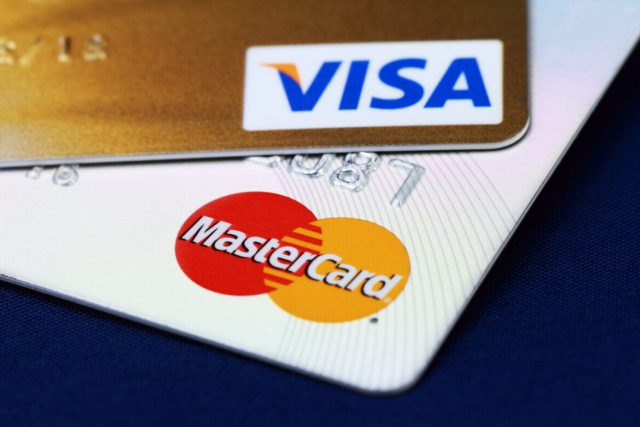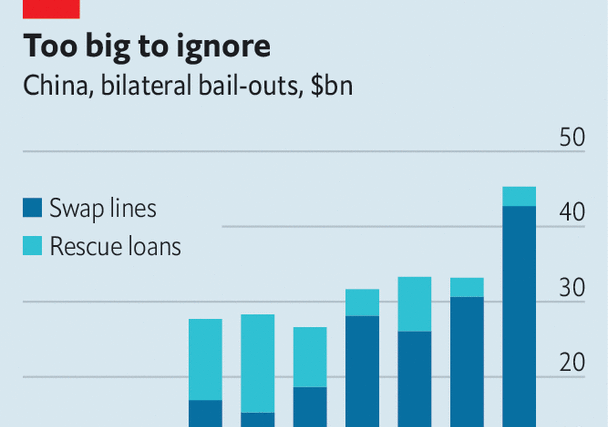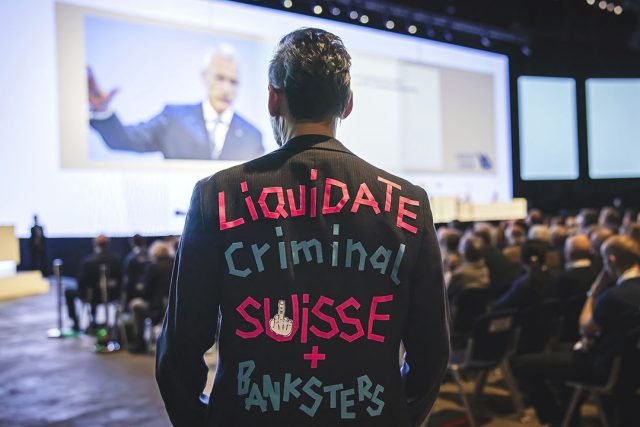Mastercard is accelerating efforts to remove first-use, PVC plastics from payment cards on its network by 2028. The decision reinforces the company’s sustainability commitments and scales the accessibility of more sustainable card offerings for consumers seeking a way to reduce the environmental impact of their wallets.
Beginning 1 January 2028, all newly-produced plastic Mastercard payment cards must be made from sustainable plastics. Such materials include recycled or bio-sourced plastics (such as rPVC, rPET, or PLA) and will be approved through a certification program. Mastercard will also support its global issuing partners through the transition away from virgin PVC.
Mastercard launched its Sustainable Card Program in 2018. Since its inception, over 330 issuers across 80 countries have signed up, working in partnership with major card manufacturers to transition more than 168 million cards across its network to recycled and bio-based materials.
Mastercard’s latest announcement looks to accelerate these efforts, while also complimenting the company’s work to deliver innovative, digital-first card programs that entirely eliminate the need for a physical card offering.
The rule change will see all newly made cards certified by Mastercard to assess their composition and sustainability claims; this certification will then be validated by an independent third-party auditor. Once a card has been validated it can be imprinted with a ‘Card Eco Certification’ mark.
Ajay Bhalla, president of cyber and intelligence at Mastercard, said: “Mastercard is leading and shaping our industry’s collective pursuit of a more sustainable, more environmentally conscious future. As our customers respond to increased consumer desire to make more eco-friendly choices, we are making a firm commitment to reducing our environmental footprint – for the benefit of people, planet and inclusive growth.”
Reactions to the move
Ellen Jackowski, chief sustainability officer for Mastercard, explained Mastercard’s sustainability aims. Jackowski said: “Mastercard is committed to advancing climate action and reducing waste by driving our business toward net zero emissions and leveraging our network and scale to accelerate the transition to a low-carbon, regenerative economy.”
Helen Bierton, chief banking officer at Starling Bank, also explained how the move represents an important change for banking. She said: “This initiative is a welcome next step in the journey to a sustainable future. As one of the first banks to remove first-use PVC from our debit cards, we know how important this is to our customers.”
“We recognise this can only be achieved with strong partnerships and support for the efforts by Mastercard to widen the programme to its entire network.”
Taylan Turan, group head of retail banking and strategy, wealth and personal banking at HSBC, said: “This announcement from Mastercard is a huge step for financial services. New sustainable materials, such as rPVC, offer our sector a clear way to accelerate its efforts to build a more sustainable future.
“As part of our net zero strategies at HSBC, we’ve already introduced recycled plastic payment cards across 28 of our global markets and embedded the requirement to use sustainable materials for all debit, credit and commercial cards in our product governance; removing 85 tonnes of plastic that would have ended up in the landfill.
“This level of impact couldn’t be achieved without a strong partnership; I am so proud for us to be a part of a movement which is gathering momentum across the world.”




The Most Read
Сryptocurrencies
Bitcoin and Altcoins Trading Near Make-or-Break Levels
Financial crimes
Thieves targeted crypto execs and threatened their families in wide-ranging scheme
Financial crimes
Visa Warning: Hackers Ramp Up Card Stealing Attacks At Gas Stations
News
Capitalism is having an identity crisis – but it is still the best system
Uncategorized
The 73-year-old Vietnamese refugee is responsible for bringing Sriracha to American consumers
Uncategorized
Electric Truckmaker Rivian, Backed By Amazon, Ford, Raises Whopping $1.3 Billion